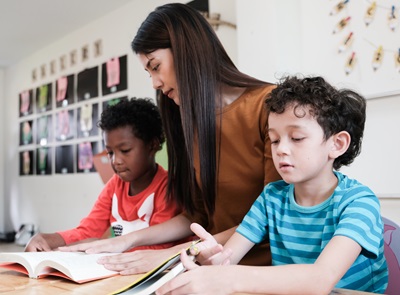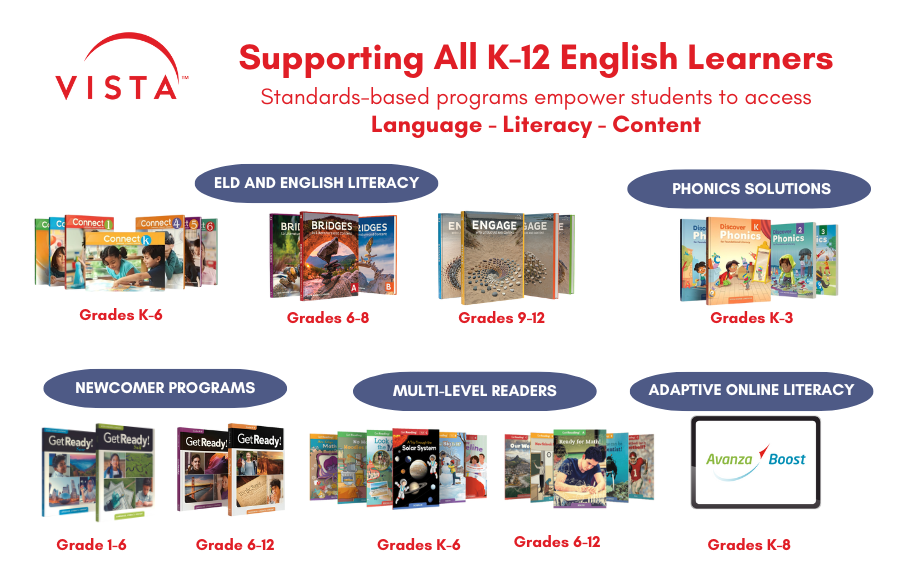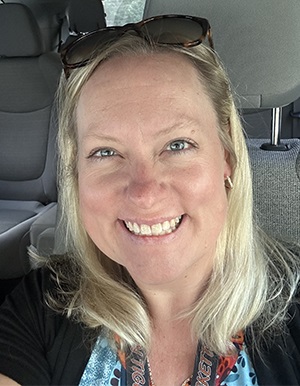3 Ways to Ensure English Learners Benefit from the Science of Reading
By Leslie Villegas
 Out of the concern about how the implementation of the Science of Reading affects English learners, advocates joined together to create a Joint statement. They held a webinar that “focused on the alignment of SoR policies with the needs of students identified as ELs.” The first of two panels focused on research and advocacy, and the second on implementation.
Out of the concern about how the implementation of the Science of Reading affects English learners, advocates joined together to create a Joint statement. They held a webinar that “focused on the alignment of SoR policies with the needs of students identified as ELs.” The first of two panels focused on research and advocacy, and the second on implementation.
Villegas outlines three conclusions from the webinar:
1. Policies and practices enacted in the name of SoR must include much more than just phonics.
In addition to the five “Pillars of Reading” – phonological awareness, phonics, fluency, vocabulary, and comprehension, two more were identified as essential for ELs: oral language development, and background knowledge. Reading cannot be separated from students’ experiences and cultures, and the goal of biliteracy in bilingual programs must also encourage translanguaging.
2. English learners’ oral language abilities in their home language and English should be the starting point for literacy instruction.
Because of this, teachers can help students transfer the skills they have in their home language to English by drawing parallels between both languages. Differentiation is essential since ELs have varying levels of English proficiency.
3. Consistent collaboration between English learner specialists and early literacy departments is key to ensuring English learners are not left out of SoR reforms.
This collaboration ensures that English language development is included in teaching literacy. “Science of Reading doesn’t mean we take a universal approach to teaching reading. Schools need to make sure the right curriculum is chosen for bilingual children and that all teachers are trained to understand bilingualism and biliteracy.” –Gladys Aponte, Panelist


 Kinsella has observed that a single reading of a text is insufficient for the development of reading fluency and comprehension. She explains how the common practice of “popcorn” reading, in which a teacher calls on random students to read an unfamiliar text aloud, causes students to tune out and increases their anxiety. She also explains how “round robin reading” is equally ineffective because even though students work in small groups, the text is new to them.
Kinsella has observed that a single reading of a text is insufficient for the development of reading fluency and comprehension. She explains how the common practice of “popcorn” reading, in which a teacher calls on random students to read an unfamiliar text aloud, causes students to tune out and increases their anxiety. She also explains how “round robin reading” is equally ineffective because even though students work in small groups, the text is new to them.
